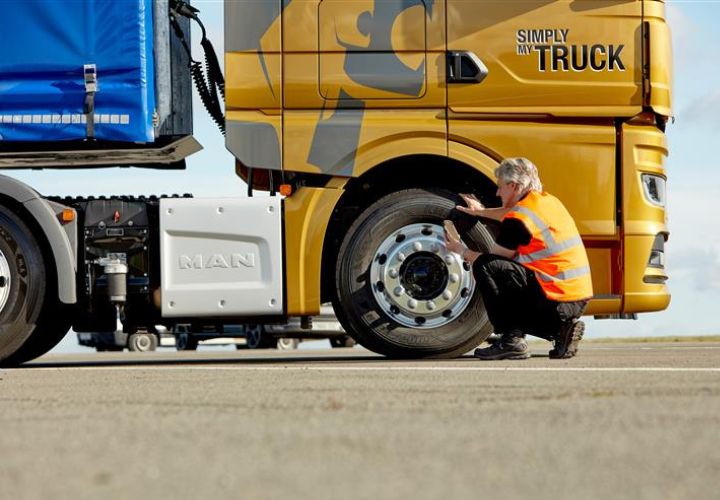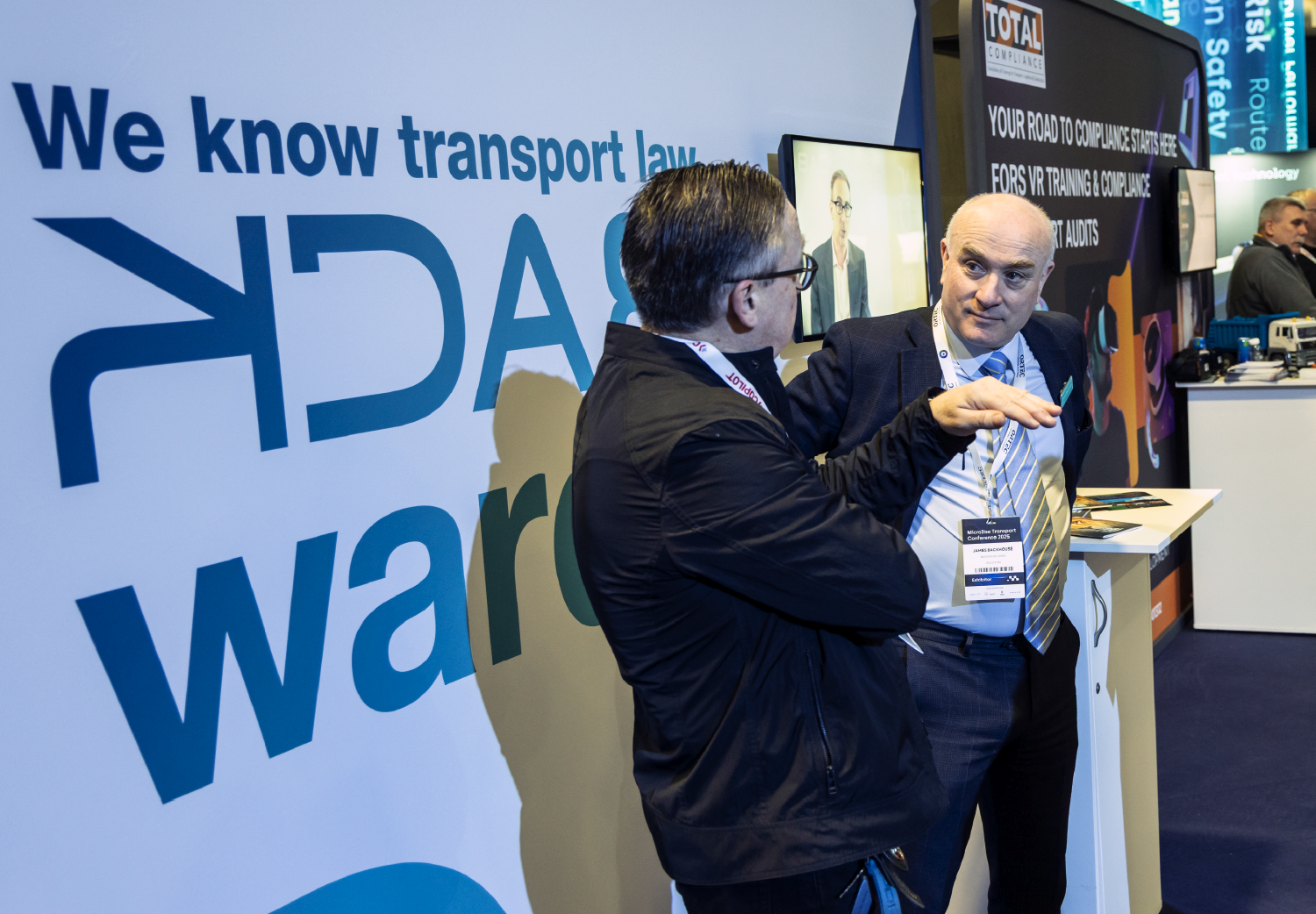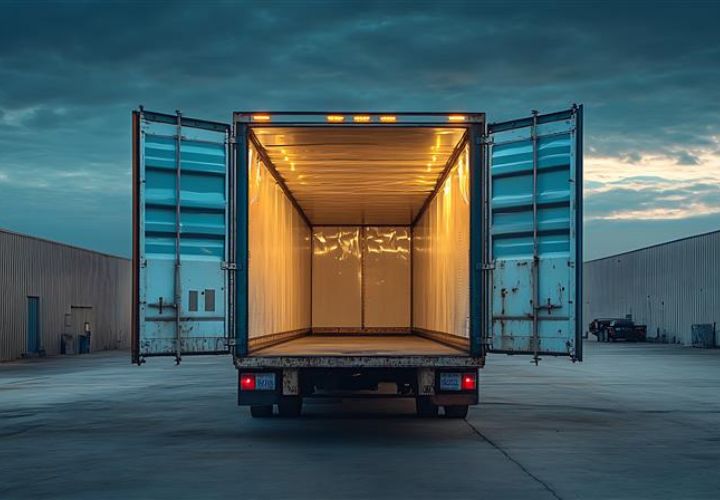World Class Fleet Safety, Security and Compliance – how can you level up?
What does a world class fleet look like to you?
Is it fewer fleet violations and penalties? Or is it reducing lost time due to Driver and Vehicle Standards Agency (DVSA) checks?
Perhaps it’s moving towards a proactive way of managing your fleet – finding ways to manage risk and demonstrate your commitment to running a safe, secure and compliant fleet.
Put simply, it’s about taking your fleet from middle-of-the-road – to leader of the pack!
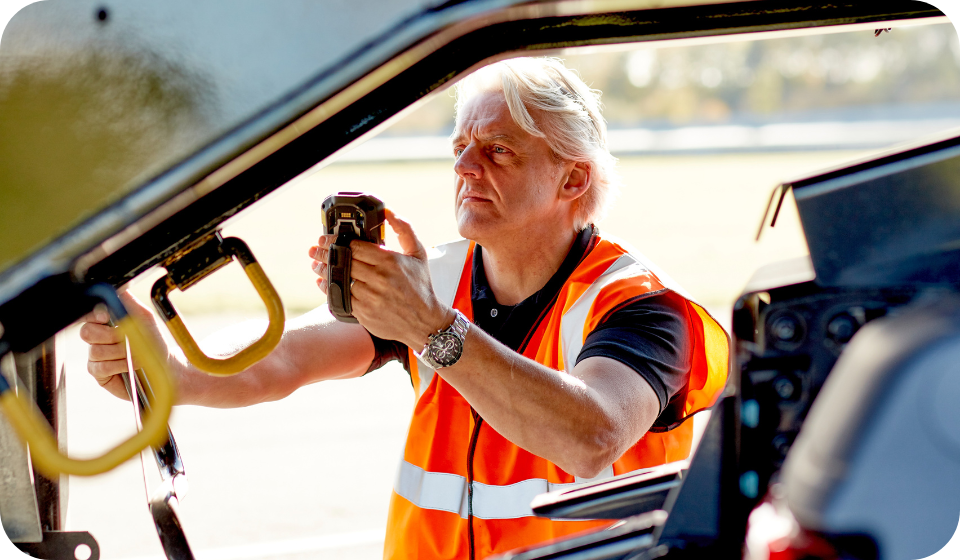
Proactive vs Reactive: which side are you?
When operating a fleet of vehicles and making hundreds of deliveries every week, where does risk management rate on your priority list?
Be honest…
Are you reacting to incidents after the fact? Are you focusing on the day job and dealing with violations and penalties when they land in your inbox?
A reactive relationship to fleet safety, security and compliance will always feel unstable, inconvenient and ultimately risky. If the only time you deal with compliance is battling negativity, by association, it will always feel like firefighting.
But by taking a proactive approach, highlighting and addressing areas before they become a concern, it can certainly start to relieve some of that pressure.
Giving this area adequate time and energy upfront will save you time – and money, too – in the long run.
What are fleet violations?
Fleet violations occur as a result of non-compliant vehicles and/or drivers.
Set by the Department for Transport (DfT) and enforced by the DVSA, fleet compliance is the legal standard designed to ensure the safe operation of vehicle fleets. These regulations in turn protect drivers, businesses and the general public.
Here are some common examples of fleet violations:
- Driver Licences: drivers don’t have the appropriate licenses or licences are out of date.
- Vehicle Maintenance: vehicles are not properly maintained or have mechanical faults.
- Hours of Service: drivers exceed the number of driving hours or miss breaks.
- Audit trail: driver logs, vehicles maintenance schedules or repairs documentation are not maintained or missing.
- Insurance: adequate cover is not available to protect your vehicles, your drivers and the public in the event of accidents.
How can you take control, manage the risks and reap the rewards?
Designed to keep your fleet and drivers safe, minimising the number of fleet violations will result in improved fleet operations overall.
What benefits will you see?
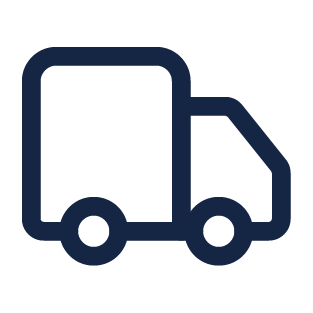
Healthier vehicles – regular maintenance, including looking after trailers and other machinery and equipment, will keep those assets running sweeter, for longer.

Reduced vehicle downtime – aligned to your regular vehicle maintenance schedules, utilisation is proactively managed, so drivers and vehicles aren’t being pulled off the road unexpectedly for faults or unscheduled repairs.

Happier drivers – tachograph infringements indicate your drivers may be tired and over worked. Respecting the need for drivers to feel fresh and ready to perform to their best will mean they’re happier behind the wheel and make better choices.

Reduced costs – in terms of DVSA spot checks, avoid those fixed penalty fines. Fine amounts can escalate depending on the circumstances and seriousness of the offence, plus there’s the cost to resolve the issue which could have been avoided as part of your enhanced compliance and risk management strategy.

Fewer accidents – upping safety measures inside your vehicles and investing in route planning and driver training will reduce the likelihood of road incidents like bridge strikes, or serious road accidents and collisions.

Protect your reputation – serious or persistent non-compliancecould result in court action or be reported to the Traffic Commissioner, who may remove or suspend your operator’s licence.
Risky business?
Let take a quick look…

Transport and Logistics – as vans and heavy goods vehicles (HGVs) are the nature of the business, keeping those vehicles in tip-top shape and out on the road is essential.
In terms of security, freight crime is on the rise. Do you need to sharpen up your security to reduce cargo theft? Load-facing cameras, trailer door sensor or SOS alerts may be a necessary requirement to combat this growing industry concern. Discover our tips for combatting freight crime here.

Public Transport – public service vehicles (PSVs) like coaches and minibuses have additional compliance requirements relating to public liability and passenger safety, aligned with the Confederation of Passenger Transport (CPT).
In terms of compliance, do you have industry-specific software in place to support a PSV operator?

Plant and Agriculture – plant, heavy machinery and tools are a costly investment.
Keeping track of these with asset tracking or proximity beacon technology can greatly boost your fleet security.
Location, location, location
It’s not just the type of industry you are in that impacts your exposure to risk but also where you operate.
For example, HGVs driving in London must comply with additional compliance requirements in line with Direct Vision Standards (DVS).
It’s a complex landscape, so make sure you know what you do and don’t need for your vehicles operating in and out of London: https://www.microlise.com/blog/how-to-check-your-vehicles-dvs-rating/
The proactive approach to fleet management
The good news is there are lots of tools and smart technology out there to help minimise risk, boost safety and actively address those concerning violations and penalties.
Taking ownership of your obligations and embedding them into your daily operations means you will naturally check-off those compliance requirements, making roads safer for your drivers and other road users.
What’s missing from your set up?

Multi-Camera System?
Multi-cameras systems give your drivers extra visibility – and fleet operator the benefit of hindsight – especially in the follow-up to an incident. Working together with fleet telematics data, a forward-facing vehicle camera can provide in depth insight of what happened and quickly resolve any disputes.
In terms of taking that proactive step forward, Blind Spot Cameras, AI Distraction Cameras and Driver Hazard Warning systems are an effective way to spot and manage hazards before the result in an incident.

Vehicle Checks?
Keep on top of vehicle health and safety with vehicle walk arounds and checks. Before and after shifts, drivers can assess and report back any wear and tear or areas the vehicle needs attention.
Working in collaboration with your fleet management system, manage your maintenance and see live reports and dashboards to help you plan effectively, and minimise downtime.

Tachograph Management?
How do you get hold of the driver data you need? Are you relying on physical data downloads or can you remotely download your tachograph data?
Remote Tacho Download makes that part so much easier. Smart dashboards and analysis give you access to this data instantaneously so you can interrogate and identify any infringements in real-time.

Earned Recognition?
A voluntary scheme with the DVSA, prove your compliance ahead of time by sharing regular performance information on how you’re meeting the required driver and vehicle standards. In return, your vehicles are far less likely to be held up and stopped by the DVSA for roadside checks.
Designed to work for operators of all size, you must have held an operator licence for at least 2 years. Read our blog to find out more.

Trailer Telematics and Maintenance?
Last but not least, ensure your trailers are in a safe and compliant condition with Trailer Brake Performance Monitoring. Trailer brakes can be continuously monitored to reduce the need to take vehicles off the road for rolling road brake tests.
Or for temperature control, monitor and report using Trailer Telematics before, during and after delivery to ensure temperature compliance at every stage.
World class: time to up your game?
So, what steps can you take to reduce risk in your fleet and meet the challenges head on? How can you stay one step ahead and lead the way?
Speak to a member of the team to understand what opportunities are within your grasp to making a real impact within your organisation.

